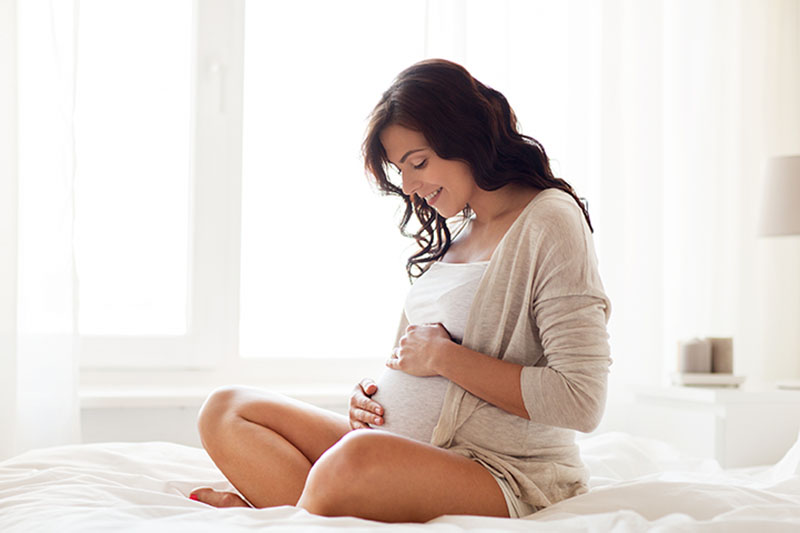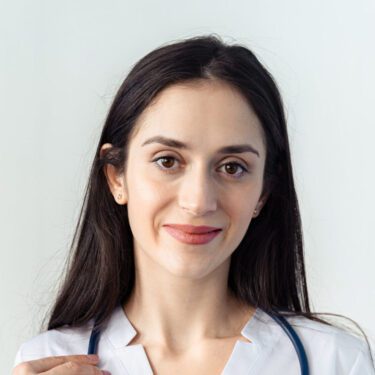Why do varicose veins often appear during pregnancy?
Those twisty, bulging, blue and purple veins on the back of your calves and thighs? Those are varicose veins. Varicose veins are veins that have become damaged and don’t perform like they’re supposed to when circulating blood through the body. It’s estimated that they affect 23% of adults in the U.S. Oftentimes they can be cosmetic and cause little issue other than looking a little unflattering to some. In other cases, they can become troublesome because they may cause discomfort and even pain.
What are the symptoms of varicose veins during pregnancy?
- Heaviness — Many people report feeling heaviness in their legs with varicose veins.
- Swelling — Another common symptom is swelling. Some patients will have legs that swell up larger than normal and cause discomfort and tightness of the skin.
- Itchiness — It’s typical to feel itchiness around the affected area, as well. The skin may become chronically dry and scratchy.
- Pain — Varicose veins may cause uncomfortable sensations like heaviness, swelling and itchiness, but they can also cause pain too.
Why do varicose veins appear during some people’s pregnancies?
- Pressure on the veins — When the baby grows inside the uterus, it may place pressure on the surrounding veins, which can lead to varicose veins.
- Increase in blood volume — Another contributing factor is that blood volume increases during pregnancy. It’s estimated that the blood volume increases by up to 20% during pregnancy, which can increase stress on the body’s vascular system and cause varicose veins.
Contact United Vein & Vascular Centers for your varicose vein treatments during or after your pregnancy
You don’t have to continue worrying about symptoms of vein conditions that are making your life more difficult. Our vein specialists at United Vein & Vascular Centers are here to help you. Each of our team members understands the uncertainty and discomfort that vein problems can lead to, and that’s why they’re committed to helping you better understand your condition, your symptoms and the options you can use to address them.
Our specialists can also help you find the most effective treatment option for your vein condition and include it in a comprehensive treatment plan that’s designed to:
- Reduce your symptoms.
- Improve your ability to walk and perform other normal daily tasks.
- Increase your overall quality of life.
Contact us today to learn more about your vein condition and the ways it can be treated or to set up an initial appointment.

